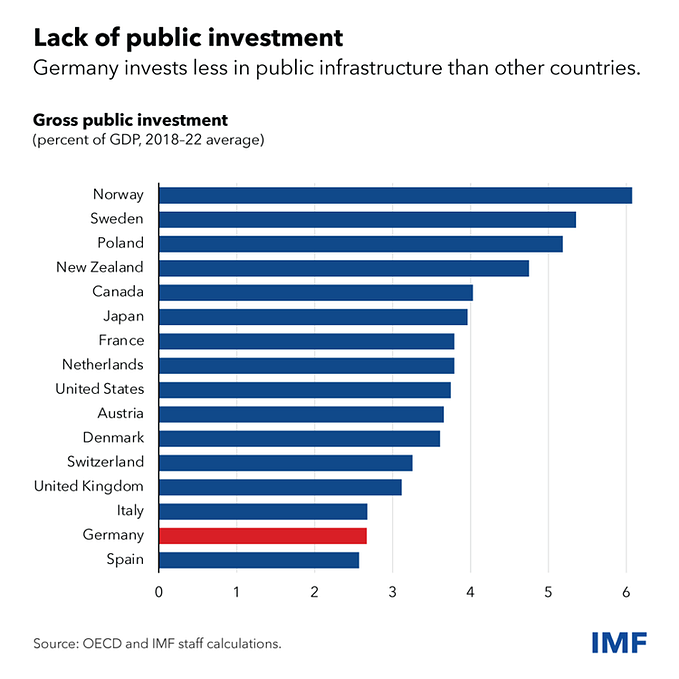Member-only story
Authoritarian Nations Are Turning the Internet Into a Weapon
From Twitter’s spies to complete shutdowns, repressive regimes are using A.I. and VPN fingerprinting to silence their critics

 When two former Twitter employees were charged with spying on behalf of Saudi Arabia in November 2019, the case spotlighted the new and inventive ways oppressive governments are using technology to stifle dissent. According to the U.S. Justice Department, the two men — a U.S. citizen and a Saudi citizen — passed private information about more than 6,000 Twitter users, including regime critics, to a Saudi official in exchange for hundreds of thousands of dollars and a designer watch.
When two former Twitter employees were charged with spying on behalf of Saudi Arabia in November 2019, the case spotlighted the new and inventive ways oppressive governments are using technology to stifle dissent. According to the U.S. Justice Department, the two men — a U.S. citizen and a Saudi citizen — passed private information about more than 6,000 Twitter users, including regime critics, to a Saudi official in exchange for hundreds of thousands of dollars and a designer watch.
For most people, the news sparked concerns that companies like Twitter are failing to keep user information secure. But for activists operating in or against repressive regimes, the privacy breach sparked fears that their Twitter data could be life-threatening in the wrong government’s hands. According to court documents, one alleged spy had access to recent IP information — which details a user’s location — despite having “no legitimate business purpose for accessing user accounts.”
Twitter says it has since changed its rules and now “restrict[s] access to sensitive account information to a limited group of trained and vetted employees.” But the extraordinary case draws attention to how dictatorships are increasingly using technology to crush online dissent. Digital tools are no longer the existential threat they were at the start of the decade; instead, democracy activists must now contend with social media spies, spyware that can hack into their phones, social media trolls that attack them, and government propaganda and website blocking that can censor online content. Last year, Facebook CEO Mark Zuckerberg described cybersecurity as “an arms race,” with bad actors racing to outdo Facebook’s technology to win the information war. But it is not only social media giants that are facing off against increasingly tech savvy autocrats.
In December 2018, Sudan’s then-President Omar al-Bashir grew sick of near-daily demonstrations calling for his resignation and tried to prevent protesters from organizing by blocking the country’s favorite social media platforms…









